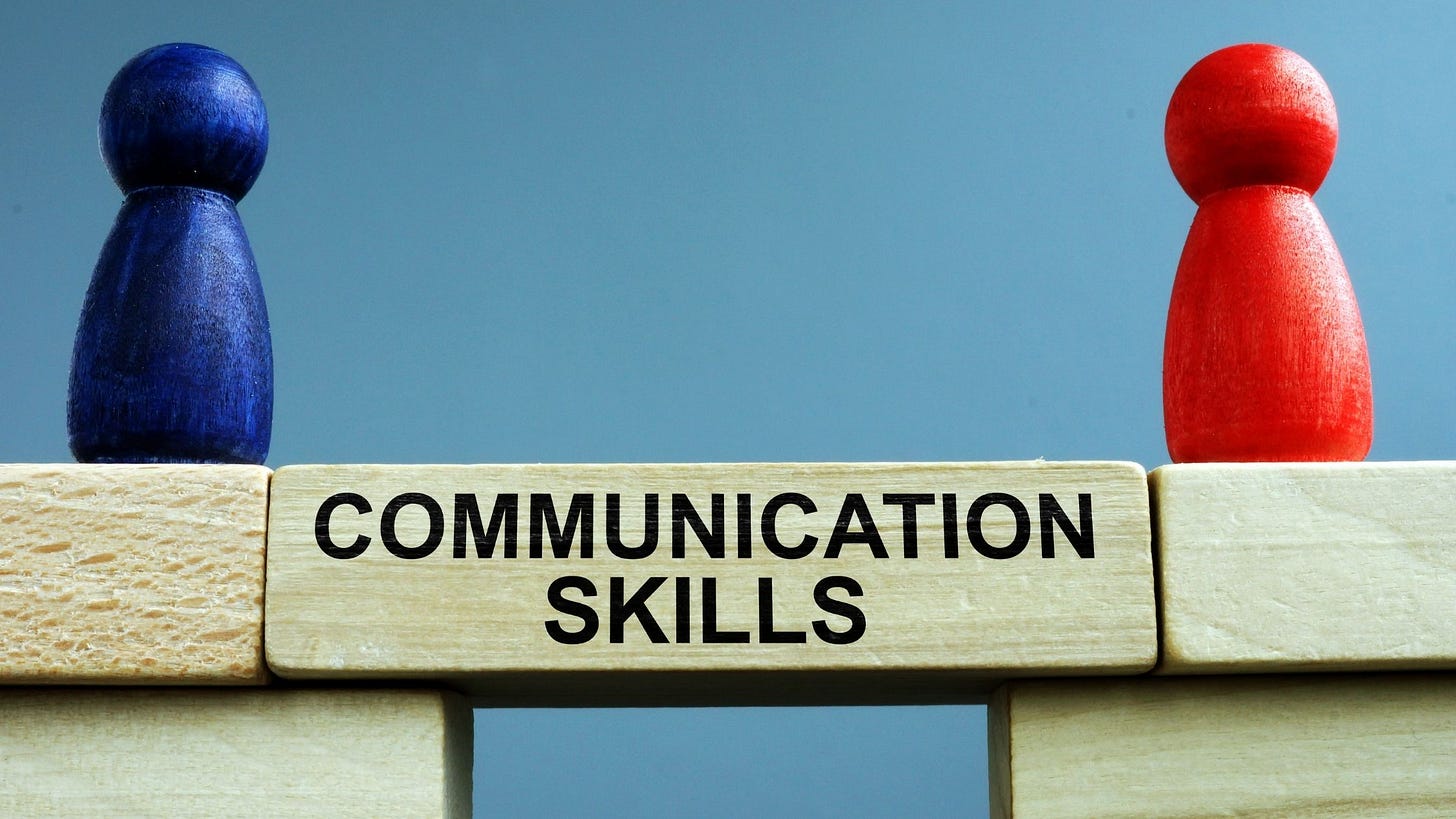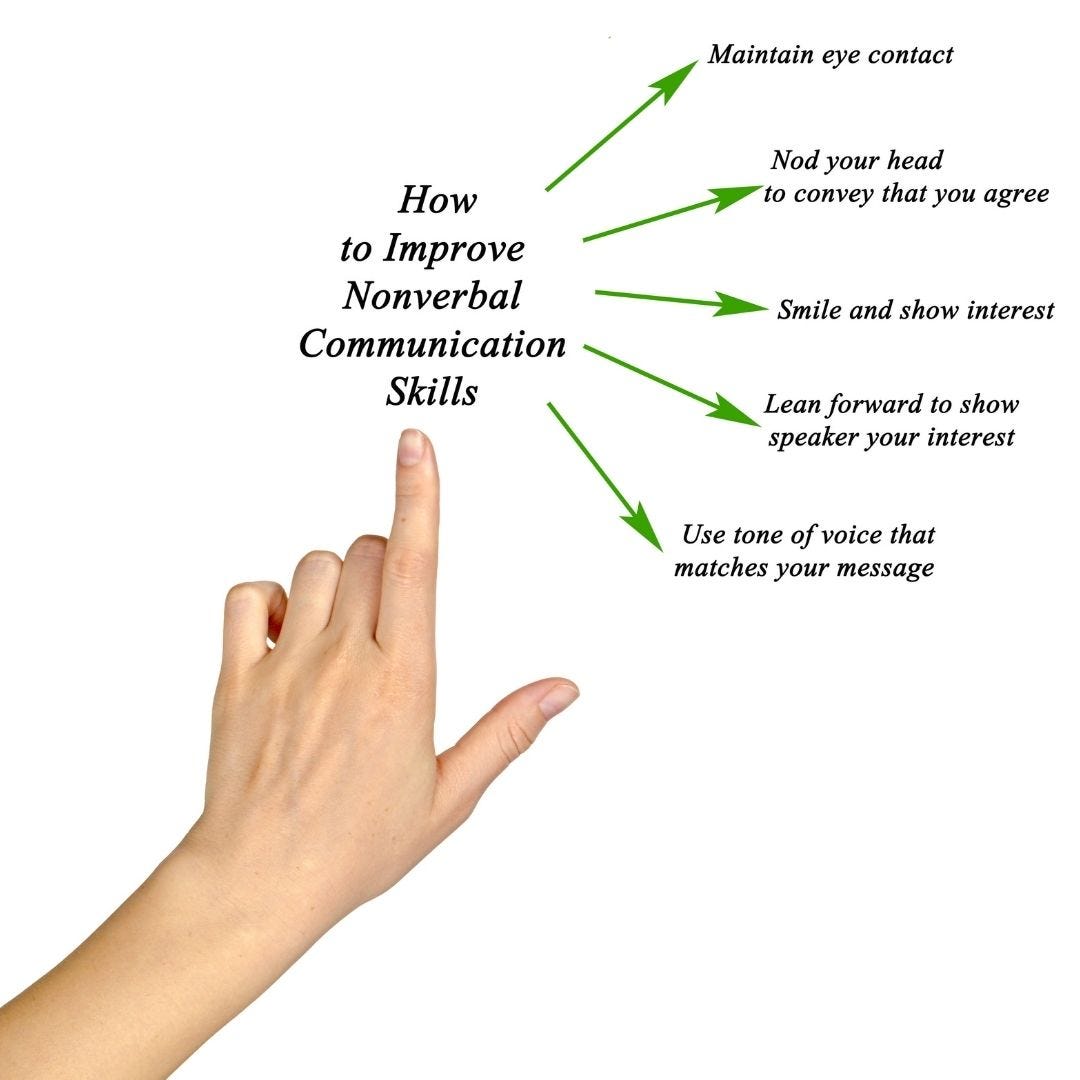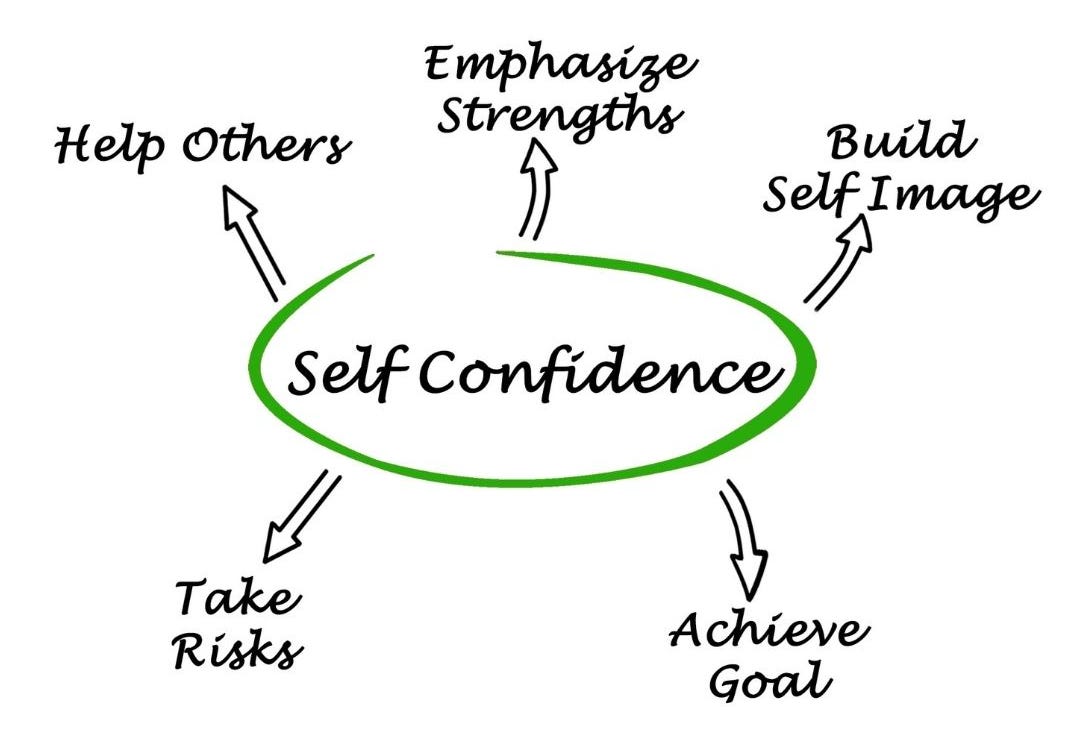Communication skills are one of the fundamental life skills required for greater understanding of information. It can be done vocally, visually, non-verbally, and through written media. All these are means of communication, which are essential soft skills required for a successful career.
Learning effective communication skills is a straightforward process that allows you to express yourself and improve your personal as well as professional relationships.
Being an effective communicator means being able to both actively listen and clearly express yourself to those around you.
Effective communication requires a diverse skill set that covers both verbal and nonverbal communication cues, as well as close listening.
Ways to Improve our communication skills
1. Active Listening
It involves paying close attention to what others are saying and asking clarifying questions to demonstrate interest and understanding.
Being a good listener is the most crucial part of communication.
“Listen with curiosity. Speak with honesty. Act with integrity. The greatest problem with communication is we don’t listen to understand. We listen to reply. When we listen with curiosity, we don’t listen with the intent to reply. We listen for what’s behind the words.”
― Roy T. Bennett, The Light in the Heart
Understanding what others are trying to tell us—whether it’s face-to-face or via another medium—is the basis for shared action and collaboration.
2. Nonverbal communication
In addition to verbal messages, effective communication relies on nonverbal cues. Developing an awareness of your body language and tone of voice will improve your messaging and presentation skills.
The very first impact you create on someone is influenced by your nonverbal cues.
TIP: Think for about a minute about what you are going to say. This will not only help you to build confidence but also help to avoid excessive talking and confusing the audience.
3. Feedback
Communication is a two-way street, and strong communicators can provide and accept feedback. Good feedback answers many of our questions and problems. The goal of feedback is improvement and to cultivate a willingness to seek out others points of view.
4. Confidence
When ideas are presented confidently, people are more likely to respond to them. Confidence is demonstrated through eye contact, voice, and good posture.
It helps when making a presentation or argument so that you don’t stumble over your words and deliver your statements with poise.
5. Public Speaking
To communicate while giving a speech or presentation is to hook your audience immediately and garner their interest. Many effective communicators use notes to guide their presentations— be sure to maintain regular eye contact with your audience to keep them engaged.
With nerves, it is easy to rush through your points quickly. Do not forget to pace yourself! To be effective, project your voice and use visual aids if necessary.
Lastly, end on a compelling note to ensure that your entire presentation leaves a lasting impression.
6. Empathy
Empathy involves a shared understanding of emotions, which is critical for communicating at work. When you understand how or what someone is feeling, you can assess how to best communicate with them, and choose the right approach. If they are worried, express your worry; if they are delighted, express your joy.
7. Be Self Aware
A brilliant speaker can persuade an audience that they are the most fascinating person in the room. The more you are aware of yourself, how others see you, and how you process the environment’s information, the more you will connect.
Conviction and confidence in what you say manifest themselves in what you do, how you conduct yourself, and how you transmit your information.
“The single most important lesson of effective communication is this: Focus on clarity. Concentrate on precisions. Don’t worry about constructing beautiful sentences. Beauty comes from meaning, not language. Accuracy is the most effective style of all.”
We hope that this Article to be informative and insightful. Please leave a comment or reach out us if you have any questions, thoughts or feedback.
Also, please forward this message to your friends and classmates
Thank you and Keep Learning :)






